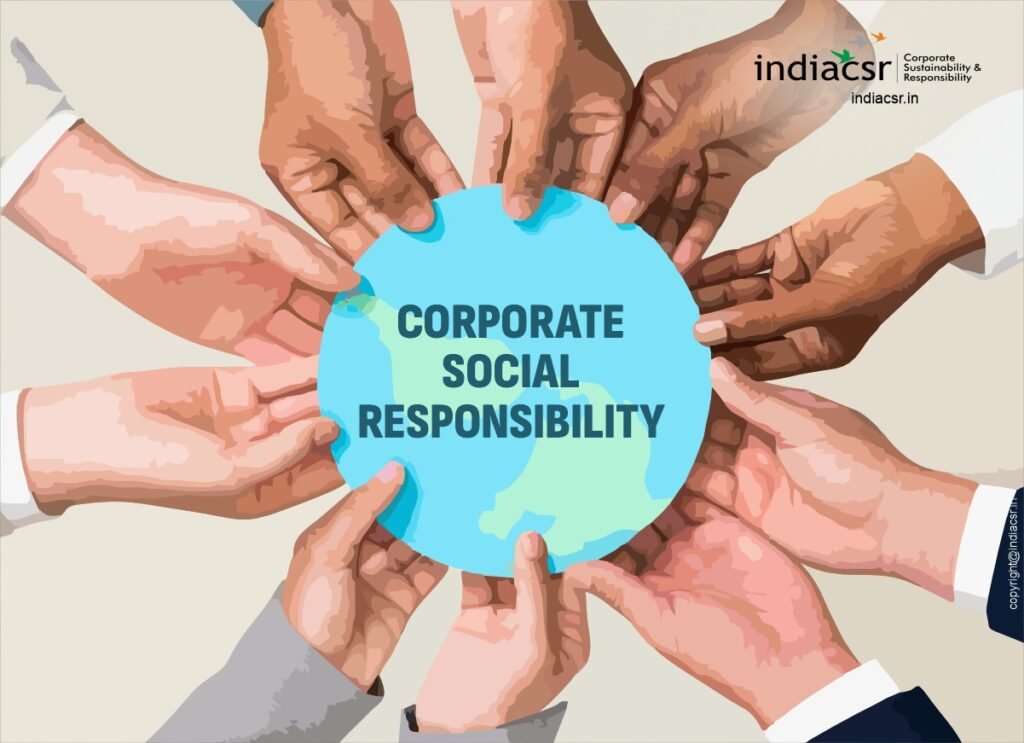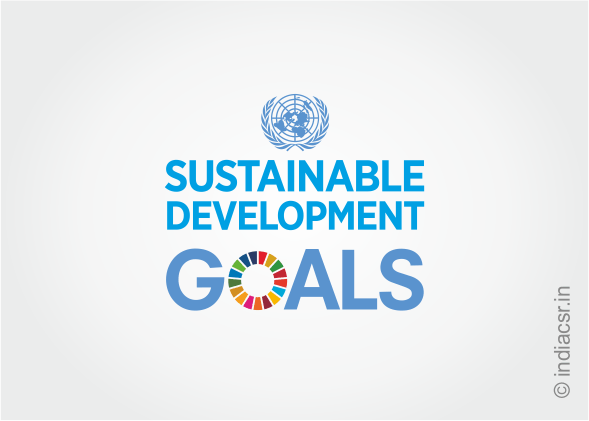96% of the world’s 250 largest companies publish sustainability reports. Businesses worldwide have increasingly aligned their CSR strategies with the SDGs
As CSR – Corporate Social Responsibility evolved, international frameworks emerged to guide and encourage companies’ contributions to sustainable development. Among these, the United Nations Sustainable Development Goals (SDGs), established in 2015, stand as a universal blueprint for addressing some of the world’s most pressing challenges — including poverty, inequality, education, health, and climate change. These 17 goals collectively provide a global agenda for governments, businesses, and civil society to collaborate toward building a more equitable and sustainable future.
Over the years, businesses worldwide have increasingly aligned their CSR strategies with the SDGs, recognizing that corporate innovation, technology, and financial resources can significantly accelerate progress toward these goals. This shift marks an important transition — from companies focusing solely on local philanthropy to taking on a broader, globally connected role in shaping sustainable societies. CSR is now seen as a bridge between business growth and social advancement, where each corporate action can contribute meaningfully to one or more of the global goals.
One of the most influential initiatives supporting this evolution is the United Nations Global Compact (UNGC) — the world’s largest corporate sustainability initiative. Today, it includes over 25,000 participants across 167 countries, of which more than 18,000 are companies that have formally committed to aligning their business strategies and operations with ten universal principles covering human rights, labor standards, environmental protection, and anti-corruption. By joining the UN Global Compact, companies not only embrace ethical conduct but also position themselves within a global movement for responsible business.
Importantly, these frameworks are not merely symbolic. They have created measurable accountability and transparency within corporate operations. For example, 96 percent of the world’s 250 largest companies now publish detailed sustainability reports, and 95 percent have set specific carbon reduction targets as of 2024. These numbers highlight how sustainability disclosure and climate accountability have become mainstream business expectations rather than optional practices.

Table: Key Facts on Global CSR and Sustainability Frameworks
| Key Aspect | Details / Statistics |
|---|---|
| Main Frameworks | United Nations Sustainable Development Goals (SDGs), United Nations Global Compact (UNGC) |
| Year Established | SDGs – 2015; UN Global Compact – 2000 |
| UNGC Participants (2024) | Over 25,000 participants across 167 countries |
| Number of Companies Committed to UNGC | More than 18,000 companies |
| Core Principles of UNGC | 10 universal principles covering human rights, labor standards, environmental protection, and anti-corruption |
| Key Alignment Goal | Companies align CSR initiatives with the SDGs to support global sustainable development |
| Reporting Practices | 96% of the world’s 250 largest companies publish sustainability reports |
| Carbon Targets (2024) | 95% of these companies have set carbon reduction targets |
| Relevant SDG Example | SDG 16 – Peace, Justice, and Strong Institutions (linked to UNGC Principle 10 on anti-corruption) |
| Overall Impact | CSR frameworks have standardized global practices and shifted focus from ad-hoc charity to integrated sustainability strategies |
By signing onto initiatives such as the UN Global Compact, companies voluntarily pledge to support broader societal goals — particularly the SDGs — through responsible business conduct and collaborative action. This alignment benefits not only the global community but also the companies themselves, offering a structured framework to plan, execute, and communicate their CSR initiatives in a credible and globally recognized manner.
For instance, Principle 10 of the UN Global Compact calls for businesses to actively combat corruption, directly supporting SDG 16 — which promotes peace, justice, and strong institutions. In doing so, companies demonstrate integrity while contributing to stronger governance systems within their operational geographies.
Such frameworks have fundamentally reshaped the definition of effective CSR. They have moved corporate responsibility away from ad-hoc charitable giving toward strategic, integrated sustainability practices that connect business success with global well-being. In essence, the SDGs and the UN Global Compact have set a new standard — transforming CSR into a structured, measurable, and impactful driver of sustainable development worldwide.
Disclaimer
This article is based on insights from the KPMG Middle East report titled “CSR at the Heart of Corporate Leadership” (October 2025), authored by Hanan Alowain, Partner – Government and Public Sector, KPMG Saudi Arabia.
(India CSR)







